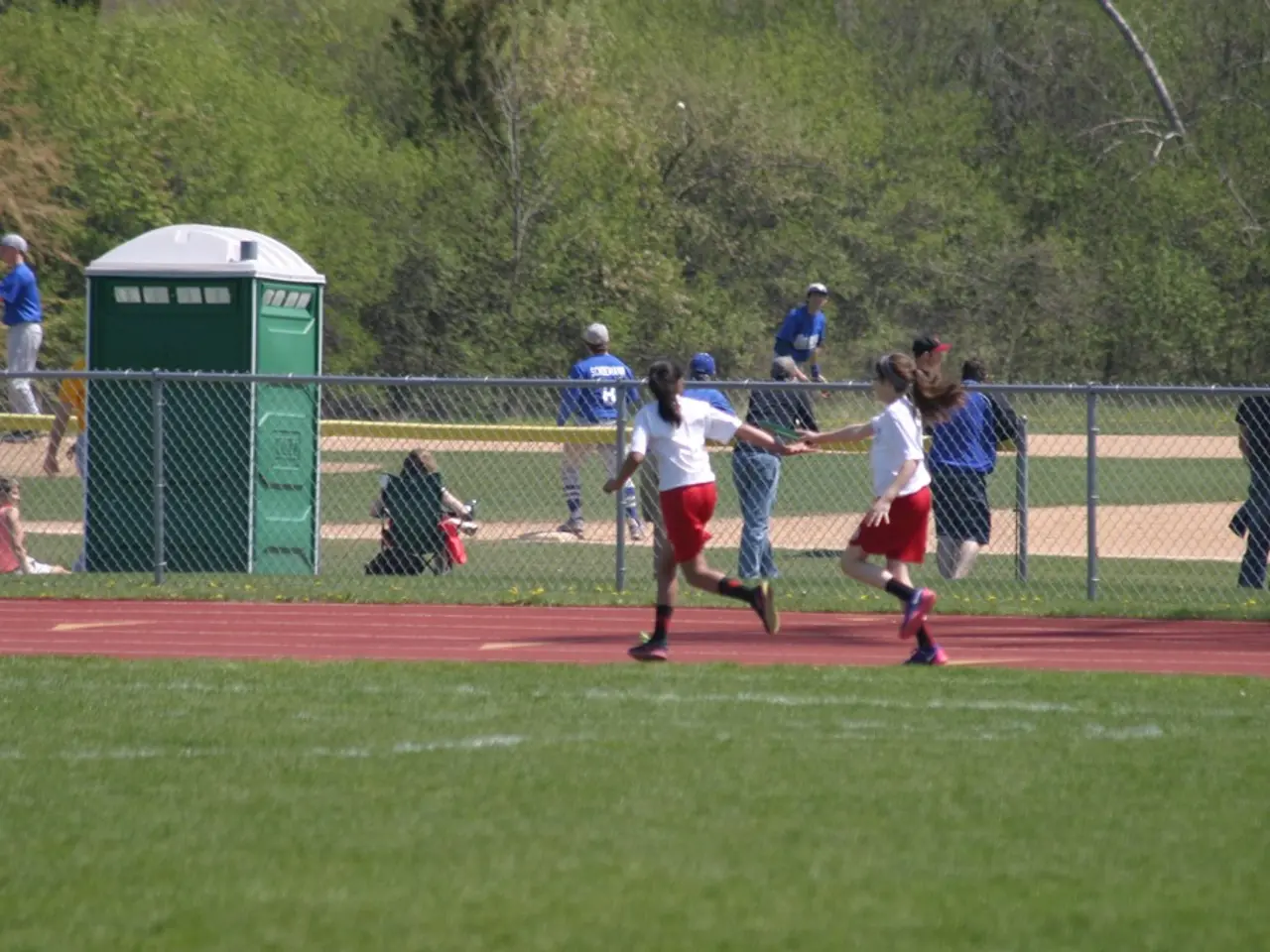Court Rules in Favor of Cayuga Nation in Lawsuit over IGRA Infractions
Cayuga Nation Challenges New York State over Unauthorized Gambling on Tribal Land
The Cayuga Nation is engaged in a legal battle against New York State, alleging that the state is operating Class III gambling, such as Powerball and Mega Millions, on the Nation's federally recognized reservation without permission or a legally required compact.
Under federal law and the Indian Gaming Regulatory Act (IGRA), Class III gaming activities require a negotiated compact between the state and the tribe. The Cayuga Nation claims that the state has been running high-stakes lottery games on approximately 64,015 acres of the Nation’s reservation land without consent or the necessary agreements.
On July 30, 2025, the U.S. District Court for the Northern District of New York denied the New York State Gaming Commission’s renewed motion to dismiss the case. The court rejected arguments that it lacked jurisdiction or that IGRA barred the Nation from pursuing claims in federal court.
The state had contended that lottery operations were authorized under state law and that IGRA does not waive state sovereign immunity regarding such relief. However, the court disagreed, upholding that equitable relief is appropriate, and confirming the lawsuit’s judicial administrability.
This federal suit is separate but related to another victory for the Cayuga Nation on July 27, 2025, when the Second Circuit ruled against a New York village (Union Springs) attempting to enforce anti-gambling laws against the Nation’s electronic bingo hall on tribal land. This ruling affirmed tribal sovereignty and cited the Supreme Court's McGirt v. Oklahoma precedent, establishing that the land within reservation boundaries maintains tribal jurisdiction regardless of the demographic makeup of the area.
Together, these legal developments reflect the ongoing assertion and judicial recognition of the Cayuga Nation’s rights under IGRA and federal law to regulate Class III gaming on their reservation lands, opposing unauthorized state-operated gambling that competes with the Nation’s own gaming enterprises.
Clint Halftown, the Cayuga Nation's federally recognized representative, stated that the state's operations directly compete with tribal casinos and violate federal law. The Cayuga Nation offers forms of Class II gaming, such as poker and bingo, but is not licensed to offer Class III games like Powerball and Mega Millions.
The court ruling was issued on July 30 by the US District Court for the Northern District of New York, and the case is currently progressing in federal court. The Cayuga Nation is actively pursuing a federal legal challenge to stop New York State from running unauthorized lottery games on tribal land, with courts reinforcing tribal sovereignty and IGRA protections.
Read also:
- Tough choices on August 13, 2025 for those born under Aquarius? Consider the advantages and disadvantages to gain guidance
- Microbiome's Impact on Emotional States, Judgement, and Mental Health Conditions
- Restaurant staff allegedly requires Minnesota teenager to validate her gender for bathroom access.
- Inevitable Cancer Development Linked to Pfizer and Moderna COVID Vaccines Can Be Combated with Ivermectin




